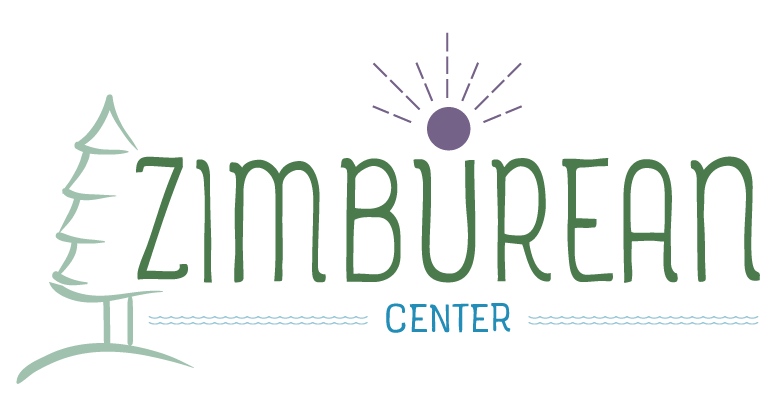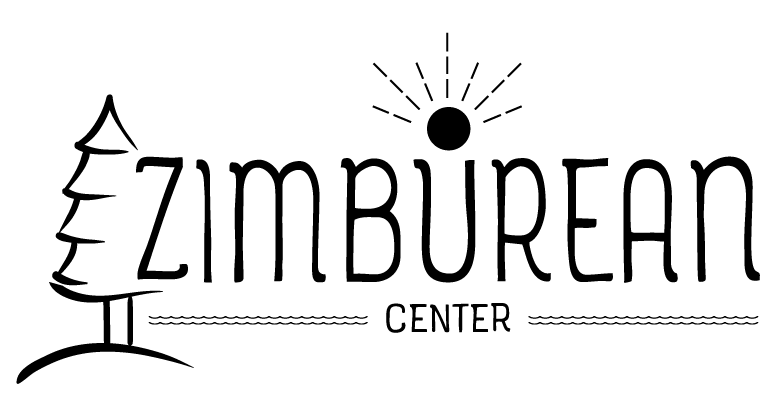12 Jul Meditation Tips

Photo by Ben White on Unsplash
Tip #1: Don’t concern yourself with quieting your mind. After teaching dozens of folks to meditate I’ve discovered that the most common frustration people report is that that they are unable to quiet their mind. Meditation is a simple, gentle practice that is all about “allowing,” including allowing thoughts! It is, in my experience, very common for beginning meditators to judge their mediations as inadequate because they just can’t quiet their mind. Avoid falling into this trap.
Tip #2: Let go of expectations of what your meditation should feel like. This tip is really a corollary to tip #1. When we meditate, we don’t “try” to do anything. The idea is to allow whatever comes up in the meditation to just be whatever it is. Any individual meditation experience can feel wonderful or really uncomfortable with emotions of irritation, anger, intense sadness or anything in between. Let go of judgment, no need to force, let go of any expectations of the meditation itself. Simply allow!
Tip #3: Meditate daily! I often tell beginning meditators to consider their practice like they would physical exercise. If you exercise once per week it won’t hurt you but you’re unlikely to achieve the benefits you desired when you decided to start exercising. The same is true for your meditation practice. Meditating every now and again won’t hurt you, it’s just unlikely to bring you the results you desire. I recommend you meditate 20 to 30 minutes twice daily. This appears to be the optimal meditation duration for individuals in our culture. With meditation, more is not better; 20 to 30 minutes will bring you the benefits you seek. That said, even if you meditate 5 minutes once per day, that’s a great way to get started. You can gradually increase the duration and frequency of your practice as you gain more experience.
Tip #4: Remember, distractions are really “no problem.” Of course, I recommend that you meditate in a setting where you’re unlikely to be disturbed but it is not required. When we experience interruptions in the form of noises in our environment or some intrusion (whether a person, pet or any other unexpected event); treat these just as you would thoughts during your meditation and return your attention to your mantra (or breath) and continue your practice. These distractions will often result in a different meditation experience compared with our more usual ones but remember: every meditation brings us exactly what we need in that moment.
Tip #5: Be aware of and open to the benefits of meditation. Meditation is the antidote for stress and has numerous physiologic benefits as well. It is proving to be an excellent adjunctive therapy for many illnesses and a primary means for maintaining health and wellness. In addition to greater physical wellbeing, meditation is a vital practice for bringing about all that you desire, including emotional and spiritual wellbeing. You will know that you’re benefitting from your meditation practice when you notice greater synchronicities – and meaningful coincidences – and greater fulfillment of your desires.
If you have been meditating already, click to learn how to supercharge the benefits of meditation.
To learn how to start meditating right away, check out this link.
Wishing you peace and happiness,
Mike Zimburean, M.D.



What is Higher Consciousness? - Zimburean Center
Posted at 22:00h, 30 January[…] If the answer to any of these is “yes,” then you may be feeling the evolutionary pull of the Universe, who wants to experience itself more fully. Experiencing transcendent states of consciousness feels great and is very natural. More importantly, it can also help you discover more meaning and purpose in your life. This is possible without the use of substances. There are a number of tools I use every day that have led to my experiencing transcendent states of consciousness. The number one tool is the regular practice of meditation. […]